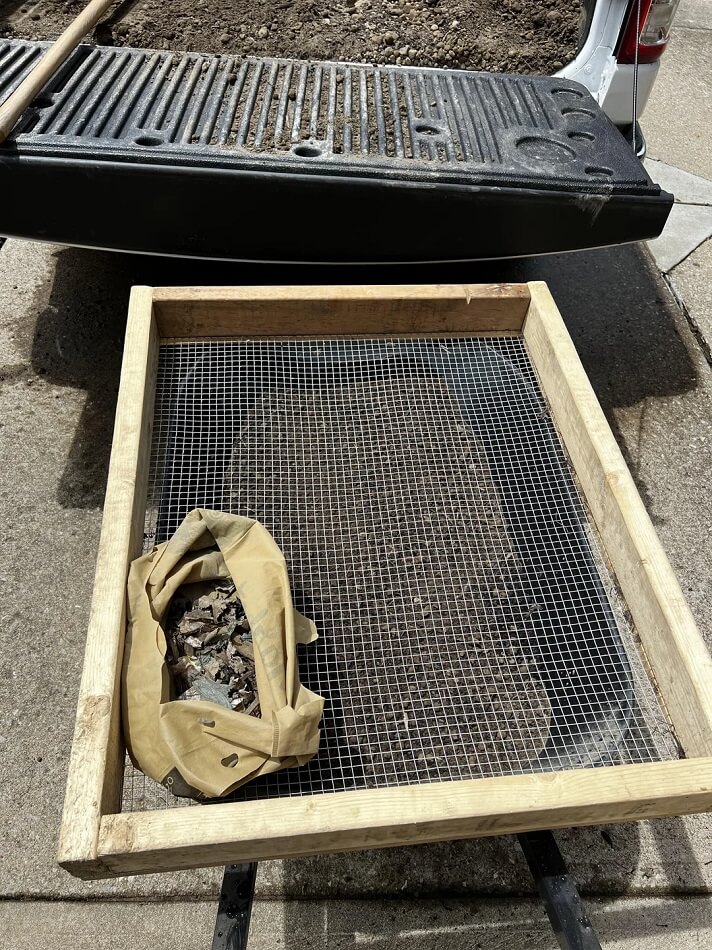A homeowner was aggravated to find that the bag of topsoil they ordered from a local supplier didn't just contain topsoil — it was full of plastic and glass.
"This is why you make a dirt sifter," they wrote in a post on the subreddit r/lawncare. "I sifted out so much s*** from this topsoil I got at a local supplier. Glass, plastic, metal, rocks, etc. This pic is just one [wheelbarrow] of it. Holy s*** am I happy I spent $30 on materials and took the hour to make a sifter. Is all topsoil this s*****?"

The photo they included shows their sifter, which is made from wood and metal mesh, as well as a bag of what they collected — full of plastic and other debris.
Other commenters shared their own horror stories.
"I found a whole Barbie leg in a bag of the cheap stuff at Home Depot," one said.
"I've found romex, glass, wire, etc in topsoil. I've been told the trucks also haul away topsoil etc from construction sites and the trucks aren't always cleaned out 100%," another wrote.
In response to this, another person shared, "[In] most states it's illegal for the soil to leave the construction site, but somehow there isn't any top soil left after the houses are built."
Litter like this isn't just unsightly — it's damaging to the health of the soil and the microorganisms that reside there. Research published in the journal Environmental Sciences Europe found that concentrations of plastic contaminants can "affect soil quality and fertility by altering its structure, bulk density, and water-holding capacity."
And, as the plastic degrades over time, chemicals in the microplastics are released and can be absorbed by plants. They can trickle up the food chain and, according to the study, pose a direct "threat to human health."
Because of this, one person suggested buying something called screened soil. But "some will [wrongly] claim screened," they pointed out, warning of the dangers of greenwashing. "That's like buying Scotts Lawn Soil...loaded with crap."
To avoid these issues entirely, gardeners can look to methods such as irrigation-free xeriscaping, which typically utilizes native plants and other species that can thrive in local environments without the need for new soil. Not only is this approach cheaper to install; it's typically cheaper to maintain, and it benefits key local pollinators.
Join our free newsletter for easy tips to save more, waste less, and help yourself while helping the planet.








